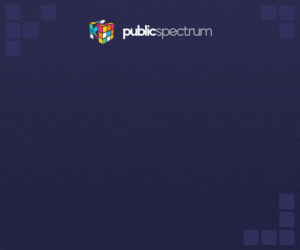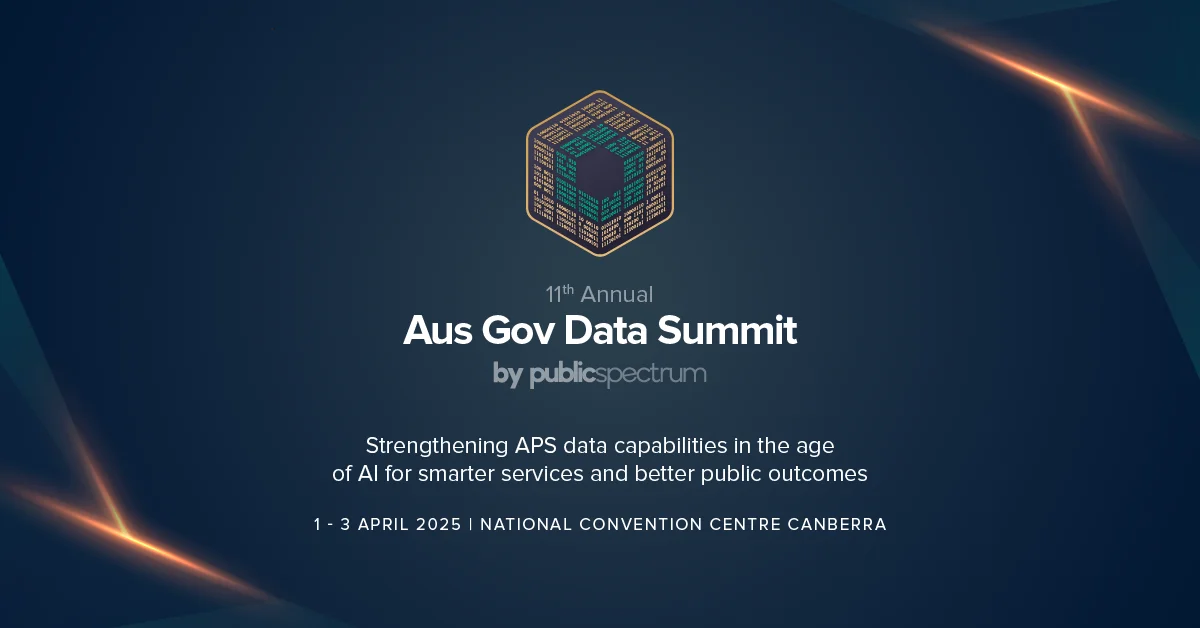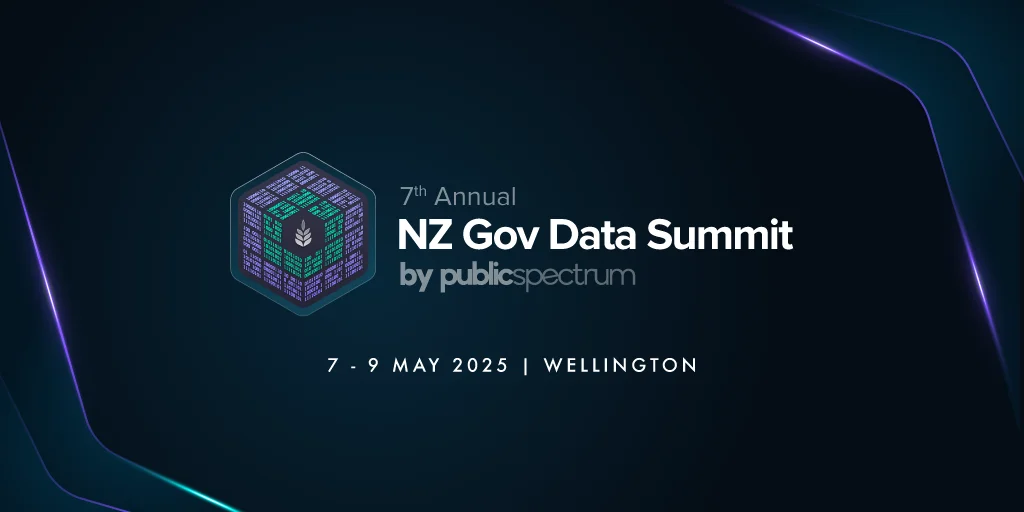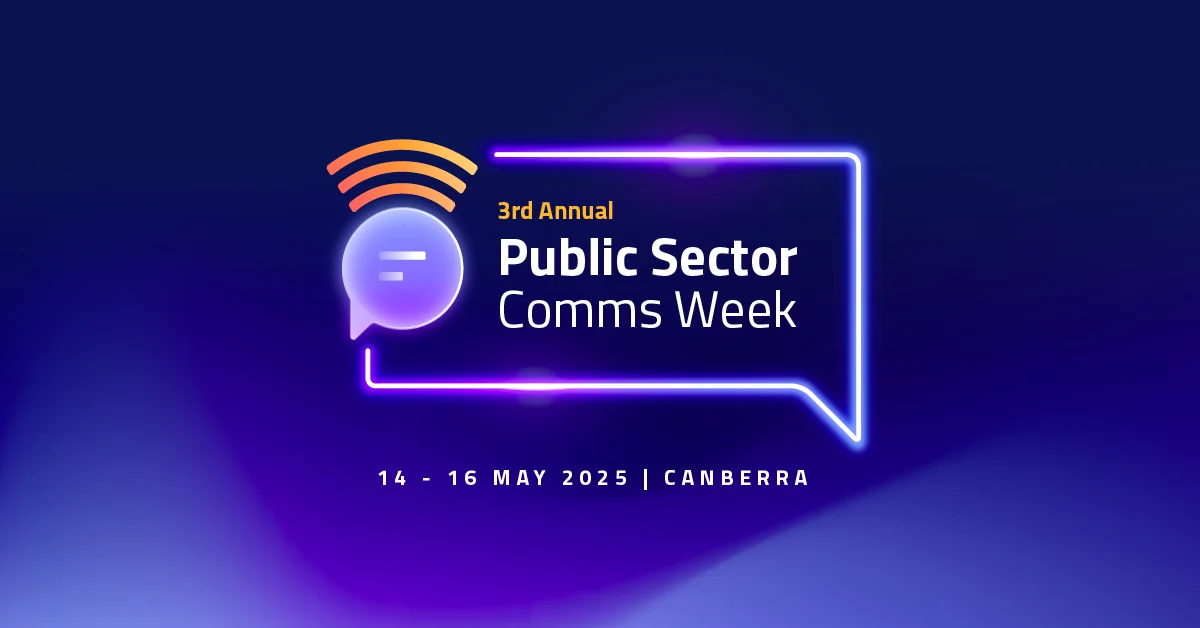eSafety research reveals huge online harms for children
Share

Although six in ten teenagers have seen harmful online content, most parents remain unaware of the graphic content their children are exposed to on their screens such as drug-taking, suicide and violent sexual material.
On Safer Internet Day, Australia’s eSafety Commissioner Julie Inman Grant released research that explored the online risks for children. The research identified significant gaps in parental awareness of children’s exposure to online harm.
Over 3500 children and teens, along with their parents, were surveyed last year about children’s online lives and what parents were aware of in their children’s experiences.
The research also examined digital parenting practices and the effects on children’s internet use and found parents underestimated the prevalence of children’s negative online experiences.
“I think that the worst thing here is that children are seeing sexual and violent sexual material and gory images,” Commissioner Grant told ABC TV.
“They’re coming across content about unhealthy eating and suicidal ideation and self-harm and they’re not talking to their parents about it as much because it is stigmatising and no child wants to get in trouble and have the Internet taken away.”
Commissioner Grant revealed that 94 per cent of Australian children have access to a digital device by the age of four, with parents needing to be fully engaged with their children’s online lives as they grow older.
The eSafety research also found:
- Six out of teens have been exposed to harmful content such as drug-taking, suicide, self-harm and unhealthy eating, gory images and violent sexual material but only four out of 10 parents are aware.
- Parents have limited awareness about their children’s experiences with cyberbullying. Nearly 70 per cent of the kids who were treated in a hurtful or nasty way online told their parents but only 51 per cent of parents say they were aware.
- Parents have better awareness of other harms such as their child’s experiences of being asked to share sexual images of themselves (11 per cent of teens have experienced this while 10 per cent of parents are aware).
Almost all children surveyed took action in response to a negative online experience.
“Encouragingly, children are more knowledgeable and empowered to utilise online tools to block people, delete messages, change their privacy settings or report material to a website or social media platform,” Commissioner Grant said.
eSafety has a range of downloadable education resources, including a family tech agreement for five- to eight-year-olds.
With AAP
Eliza is a content producer and editor at Public Spectrum. She is an experienced writer on topics related to the government and to the public, as well as stories that uplift and improve the community.














